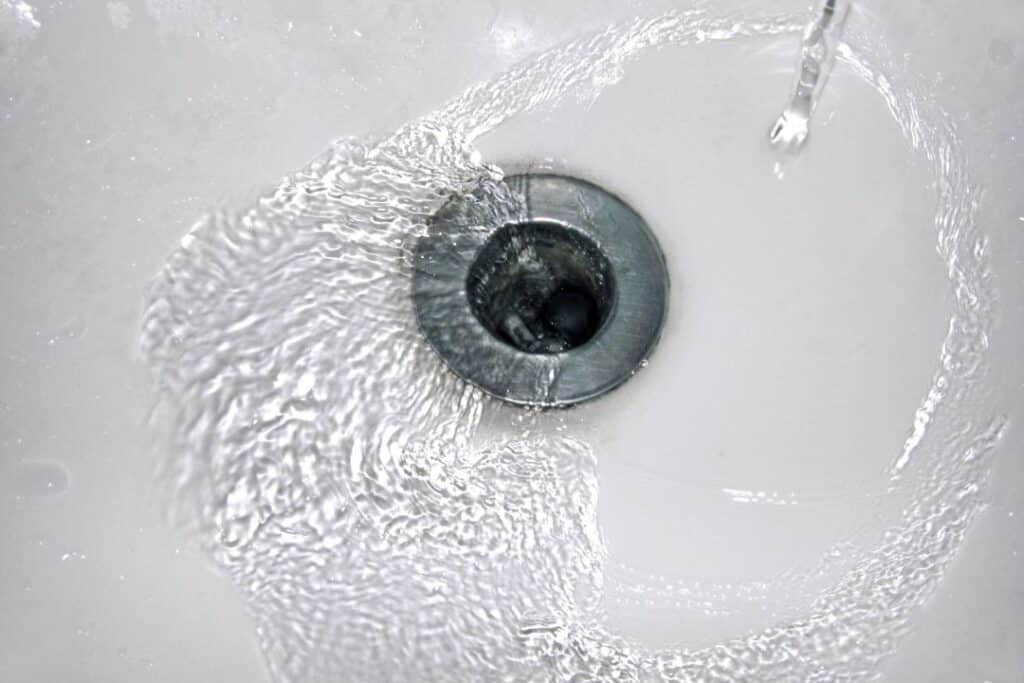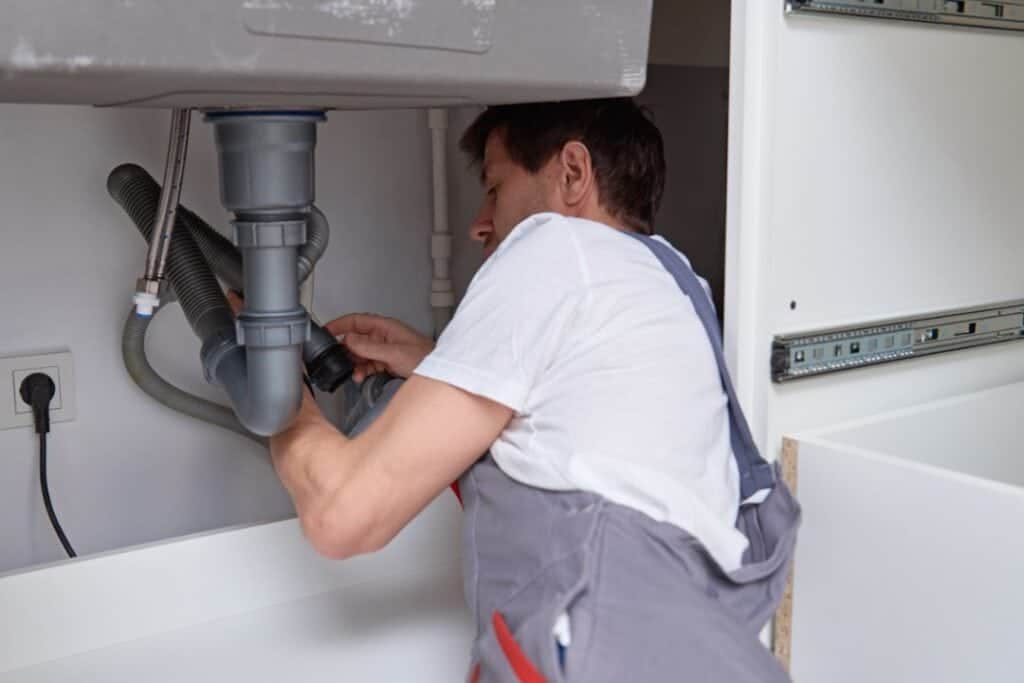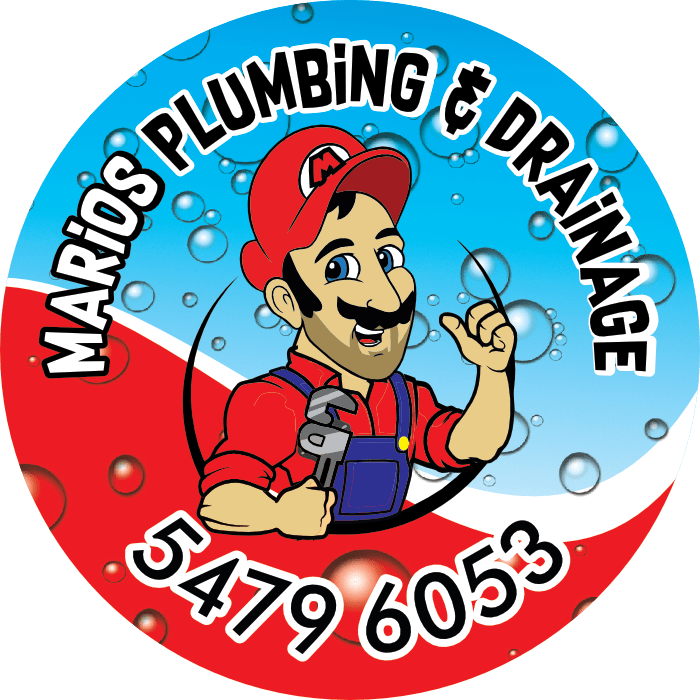Blocked drains are a common household nuisance that can lead to inconvenience and potential damage if not addressed promptly. Understanding the primary causes of blocked drains is crucial for both prevention and effective maintenance of your plumbing system. One of the leading culprits behind blocked drains is the accumulation of debris and grease. Over time, kitchen sinks can become clogged with food particles, oil, and grease, restricting water flow and eventually causing a blockage. Similarly, in bathrooms, hair, soap residue, and toiletries often combine to form stubborn blockages in drains and pipes. Another significant cause of blocked drains is external factors such as tree roots infiltrating underground pipes. As trees grow, their roots can penetrate pipes seeking moisture and nutrients, leading to cracks and blockages. Additionally, poorly maintained or outdated plumbing systems are more prone to blockages due to corrosion, scale buildup, or structural defects. By understanding these common causes, homeowners can take proactive measures to prevent blocked drains and ensure the smooth operation of their plumbing infrastructure.
Understanding the Common Culprits: What Causes Blocked Drains

Blocked drains are a common household nuisance that can lead to inconvenience, unpleasant odors, and potentially costly repairs if left unchecked. Understanding the causes of blocked drains is key to preventing these issues. By being aware of what commonly clogs drains, you can take proactive steps to maintain your plumbing and avoid disruptions to your daily life.
Grease and Fat Build-Up
One of the primary culprits behind blocked drains is the accumulation of grease and fats. When you pour cooking oils, fats, and grease down the sink, they can solidify and cling to the walls of your pipes over time. This sticky residue catches other debris passing through the drain, gradually building up until it restricts or completely blocks water flow. To prevent this, dispose of cooking oils and fats in the trash instead of down the drain, and use hot water and dish soap to help wash grease down the pipes.
Hair
Hair is another major contributor to drain blockages, especially in bathroom drains. As hair combines with soap residue and other debris, it forms clumps that can obstruct water flow. Installing a drain guard or hair catcher can effectively trap hair before it enters the drain, making it easier to clean and preventing clogs.
Foreign Objects
Objects like cotton swabs, dental floss, and hygiene products are often mistakenly flushed down toilets or washed down bathroom sinks. These items do not break down easily and can become lodged in pipes, leading to blockages. Educate household members about what can and cannot be disposed of in drains, and provide alternative disposal methods for non-flushable items.
Soap Scum and Mineral Build-Up
Soap scum and mineral deposits can accumulate on the walls of pipes over time, narrowing the diameter and reducing water flow. Hard water exacerbates this problem by depositing minerals like calcium and magnesium in pipes. Regularly cleaning drains with a mixture of vinegar and baking soda can help dissolve these deposits and maintain smooth water flow.
Tree Roots
In outdoor drains and sewer lines, tree roots can infiltrate pipes seeking moisture and nutrients. As roots grow inside pipes, they create blockages and cause damage that may require professional plumbing intervention. Regularly inspecting and maintaining outdoor drains, especially near trees and shrubs, can help prevent root intrusion.
Hair Today, Blockage Tomorrow: Preventing Drain Clogs Caused by Hair

Hair clogs are a common nuisance in bathrooms, causing slow drains and potential blockages if left unaddressed. Whether it’s in the shower drain or bathroom sink, hair can accumulate over time, combining with soap residue and other debris to form stubborn clogs. Understanding how to prevent hair from causing drain blockages can save you from the hassle of plumbing issues and costly repairs. Here are effective strategies to keep your drains clear and flowing freely.
Install a Drain Guard or Hair Catcher
One of the most effective ways to prevent hair from clogging your drains is to install a drain guard or hair catcher. These inexpensive devices fit over the drain and catch hair before it enters the pipes. They are easy to clean and maintain, requiring only periodic removal and disposal of trapped hair.
Clean the Drain Regularly
Regular maintenance of your drains can prevent hair build-up and potential clogs. Remove any visible hair from the drain cover or catcher after each use, and periodically clean the drain with a mixture of vinegar and baking soda to dissolve soap scum and other residues that can trap hair.
Brush Hair Before Showering
Encourage household members to brush their hair before showering or bathing to reduce the amount of hair that ends up in the drain. This simple habit can significantly decrease the likelihood of hair clogs forming over time.
Use a Hair Trap in the Shower
For households with members who have long hair, using a hair trap or mesh screen in the shower drain can effectively catch loose hairs before they have a chance to accumulate and cause blockages. Empty the trap regularly to maintain its effectiveness.
Avoid Washing Hair Over the Sink
When washing hair over the bathroom sink, ensure that loose hairs do not go down the drain. Use a sink strainer to catch any hair that may fall out during washing, and dispose of it in the trash to prevent sink drain clogs.
The Hidden Danger: Impact of Foreign Objects in Your Drains
Foreign objects in drains pose a significant risk to plumbing systems, often leading to blockages, backups, and costly repairs. Despite efforts to dispose of items properly, many common household objects find their way into drains unintentionally, causing hidden dangers that can disrupt daily life.
- Common Culprits: Items like cotton swabs, dental floss, hygiene products, and even small toys are frequent offenders. These items do not break down easily and can become lodged in pipes, contributing to blockages.
- Impact on Drainage: Foreign objects can restrict water flow, leading to slow drains or complete blockages. This can result in backups that may require professional intervention to resolve.
- DIY Dangers: Attempting to clear blocked drains with harsh chemicals or improper tools can worsen the situation, potentially damaging pipes and exacerbating blockages caused by foreign objects.
- Preventive Measures: Use drain covers or strainers to catch debris before it enters drains. Educate household members about what should and shouldn’t be disposed of in sinks and toilets.
Conclusion
Understanding the top causes of blocked drains is crucial for maintaining a healthy plumbing system in your home. By recognizing these common issues—such as hair buildup, grease accumulation, and tree root ingress—you can take proactive steps to prevent blockages and avoid costly repairs. Regular maintenance, such as using drain guards, disposing of grease properly, and scheduling professional inspections, can significantly extend the lifespan of your plumbing and keep your drains flowing freely.
At Mario’s Plumbing and Drainage on the Sunshine Coast, we are dedicated to helping you keep your plumbing in top condition. Whether you need routine maintenance, emergency repairs, or advice on preventing blockages, our expert team is here to assist you. Contact us today at 07 5479 6053 to schedule a consultation or service appointment. Don’t wait until a minor issue becomes a major problem—let Mario’s Plumbing and Drainage provide you with reliable solutions to keep your drains clear and your home plumbing efficient.


